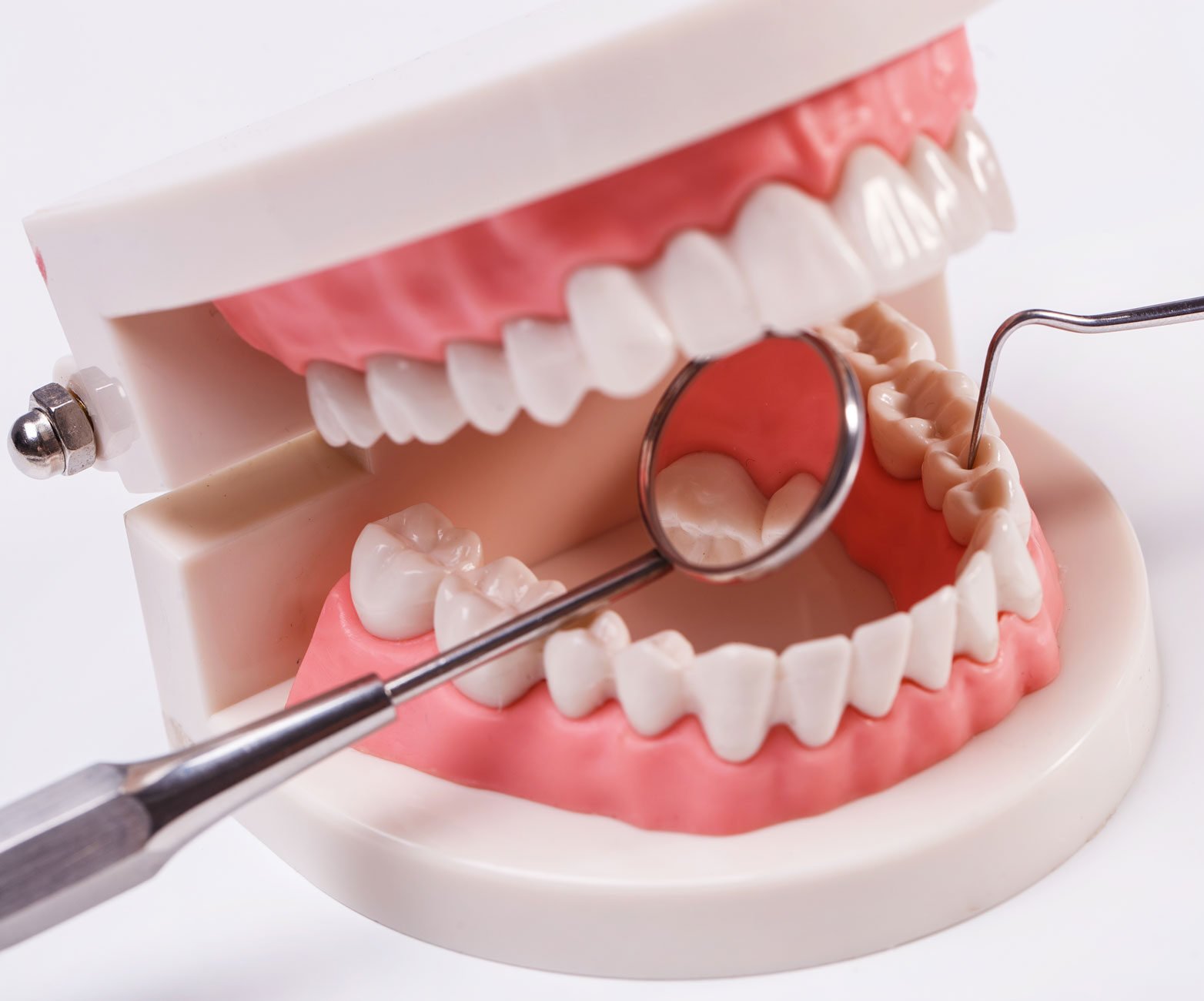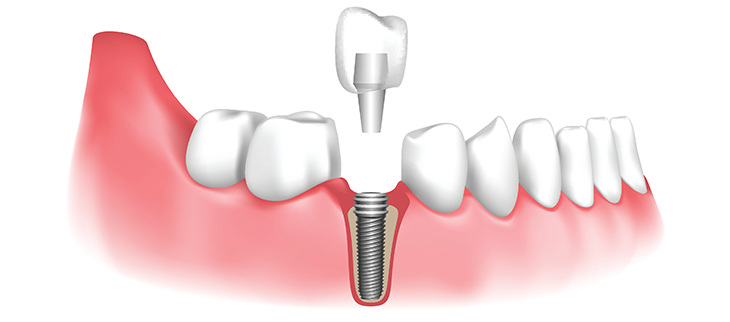Ignoring wisdom teeth can lead to serious oral health problems. Many people believe that if these molars aren’t causing pain or discomfort, they don’t need to be removed. However, wisdom teeth are prone to infection and can cause damage to nearby teeth, gums, and nerves. It’s important to consult with a dental professional to determine the best course of action for your individual situation. Don’t put your oral health at risk by ignoring your wisdom teeth.
Why Wisdom Teeth Should Not be Ignored: Impact on Dental Implants
Why Wisdom Teeth Should Not be Ignored: Impact on Dental Implants
Wisdom teeth are the last set of molars to emerge, usually around the ages of 17-25. While some people do not experience any issues with their wisdom teeth, others may suffer from impaction, infection, or damage to adjacent teeth. Despite these potential problems, many people choose to ignore their wisdom teeth, thinking that they will not cause any harm.
However, in the context of dental implants, ignoring wisdom teeth can have a significant impact. If wisdom teeth are left in place and later become infected or cause damage to nearby teeth, it can compromise the stability of dental implants. Additionally, the presence of wisdom teeth can hinder the placement of dental implants, preventing them from being properly anchored in the jawbone.
It is important to address any issues with wisdom teeth early on to prevent potential complications for dental implant patients. This may involve removal of the wisdom teeth prior to implant placement or addressing any issues with existing wisdom teeth before proceeding with implant surgery.
In summary, ignoring wisdom teeth can have negative consequences for dental implant patients. By addressing any issues with wisdom teeth early on, patients can ensure the long-term success and stability of their dental implants.
What is the reason why experts are advising against wisdom teeth removal?
Experts are advising against wisdom teeth removal because these teeth can still be functional and healthy. Additionally, the procedure can carry risks such as nerve damage, infection, and damage to surrounding structures. Keeping wisdom teeth can also help prevent bone loss in the jaw and maintain a proper bite. However, there are some cases where extraction may be necessary, such as if the teeth are causing pain or if they are at risk for decay or gum disease. It is important for individuals to discuss their specific circumstances with their dentist or oral surgeon to determine the best course of action.
Is it acceptable to not have wisdom teeth?
Yes, it is acceptable to not have wisdom teeth. Wisdom teeth, also known as third molars, are not necessary for a healthy mouth and can often cause problems such as crowding, impaction, and infection. In fact, many people do not develop wisdom teeth at all or have them removed due to these issues. When it comes to dental implants, the absence of wisdom teeth should not play a significant role as long as there is sufficient bone density and overall oral health for the implant procedure. A thorough evaluation by a dental professional will determine if you are a good candidate for dental implants regardless of whether or not you have wisdom teeth.
What are the consequences of retaining your wisdom teeth for too long?
Retaining your wisdom teeth for too long can have consequences on your dental health and the success of dental implants. Wisdom teeth commonly cause overcrowding and misalignment in the mouth, leading to crooked teeth and difficulty in maintaining proper oral hygiene. This can cause an increased risk of gum disease, tooth decay, and even tooth loss.
In addition, when considering dental implants, wisdom teeth can cause complications in the placement procedure. They may obstruct the implant site, interfere with bone grafts, or cause sinus issues. It is recommended to have wisdom teeth removed before undergoing any dental implant procedure to ensure optimal results and reduce the risk of complications.
It is important to consult with a dental professional to determine the best course of action regarding your wisdom teeth and dental implant needs.
Is it possible to live with your wisdom teeth?
It is possible to live with your wisdom teeth, but it depends on various factors such as the orientation, position, and size of the teeth. Wisdom teeth are the last molars to emerge in your mouth, usually between the ages of 17 to 25. If they grow in properly aligned and there is enough space for them, they may not cause any problem and can be kept intact. However, if they are impacted or partially erupted, they can lead to complications such as infection, decay, gum disease, and even damage to adjacent teeth. In such cases, removal of wisdom teeth may become necessary. After the extraction, if you experience difficulty chewing or have gaps in your teeth, Dental Implants can be an excellent solution to restore the functionality and appearance of your smile.
Frequent Questions
What are the risks of ignoring impacted wisdom teeth when considering dental implant placement?
Ignoring impacted wisdom teeth when considering dental implant placement can pose several risks:
1. Infection: Impacted wisdom teeth can lead to gum disease or an infection around the tooth. This can spread to the surrounding bone, causing damage that may affect the placement of dental implants.
2. Tooth Crowding: Impacted wisdom teeth can cause crowding in the mouth, leading to misalignment of teeth and interfering with the placement of dental implants.
3. Cysts and Tumors: Impacted wisdom teeth can develop cysts or tumors that can damage the jawbone and surrounding tissues, possibly interfering with implant placement.
4. Difficulty in the Placement of Implants: Impacted wisdom teeth can cause a lack of space, making it difficult to place dental implants. This can result in improper positioning of the implant, leading to complications such as implant failure.
It is essential to address impacted wisdom teeth before undergoing dental implant placement to minimize these risks and ensure the success of the procedure.
How can leaving wisdom teeth untreated affect the success of dental implants in the surrounding areas?
Leaving wisdom teeth untreated can have a significant impact on the success of dental implants in the surrounding areas. Wisdom teeth, if left untreated, can cause overcrowding and misalignment of the surrounding teeth, leading to an improper bite and increased risk of gum disease. This can ultimately weaken the surrounding bone and make it more difficult to successfully place a dental implant.
In addition, wisdom teeth that have become impacted or infected can contribute to the spread of infection and inflammation throughout the mouth, which can also compromise the success of a dental implant. It is important to consult with a dental professional to determine the best course of action for any wisdom teeth issues, as early intervention can prevent potential problems and ensure the success of any future dental implant procedures.
Is it possible to still receive dental implants if wisdom teeth are present and causing issues?
Yes, it is possible to receive dental implants even if wisdom teeth are present and causing issues. However, before undergoing implant surgery, it is essential to address any potential problems with wisdom teeth. Your dentist or oral surgeon may recommend wisdom tooth extraction to prevent complications such as infection or damage to nearby teeth. Once the wisdom teeth have been removed and any necessary healing has occurred, you can proceed with dental implant placement. It’s important to address any dental issues before undergoing implant surgery to ensure the best possible outcome.
In conclusion, ignoring wisdom teeth is not recommended as it can lead to various dental problems in the future. It is important to get regular check-ups with a dentist to ensure any issues are addressed and treated promptly. If necessary, dental implants can be used as a solution for missing teeth caused by impacted or extracted wisdom teeth. Always consult with a dental professional for personalized advice regarding your oral health.



